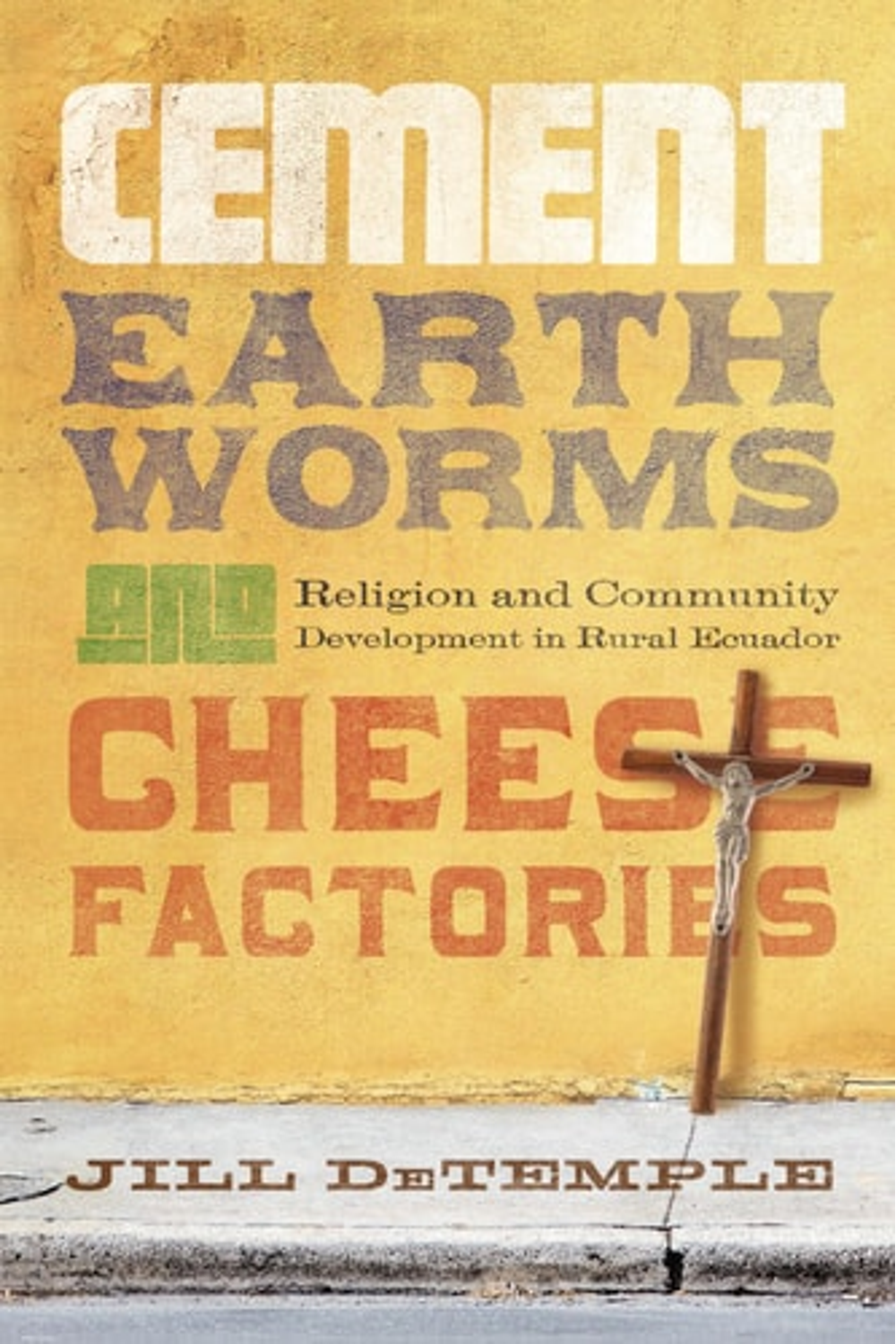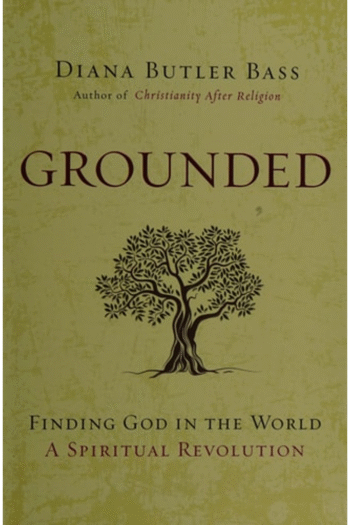Jill DeTemple’s “Cement, Earthworms, and Cheese Factories: Religion and Community Development in Rural Ecuador” offers a compelling look at how faith and development intertwine in the Ecuadorian Andes. Based on extensive fieldwork, DeTemple explores the complex dynamics between religious organizations (Catholic and Protestant) and secular development agencies as they interact with local communities. The book reveals how Ecuadorians aren’t passive recipients of aid but actively negotiate, adapt, and sometimes resist external influences, shaping their own versions of modernity. DeTemple highlights the surprising ways religious beliefs and practices impact the success or failure of development initiatives, offering valuable insights for aid workers, policymakers, and scholars of religion, anthropology, and Latin American studies. Discover how cheese factories, earthworm farming, and cement production become unexpected sites of cultural and religious negotiation in this insightful study of rural Ecuador.
Cement, Earthworms, and Cheese Factories: Religion and Community Development in Rural Ecuador
19,71 $
In stock
Cement, Earthworms, and Cheese Factories examines the ways in which religion and community development are closely intertwined in a rural part of contemporary Latin America. Using historical, documentary, and ethnographic data collected over more than a decade as an aid worker and as a researcher in central Ecuador, Jill DeTemple examines the forces that have led to this entanglement of religion and development and the ways in which rural Ecuadorians, as well as development and religious personnel, negotiate these complicated relationships.
Technical innovations have been connected to religious change since the time of the Inca conquest, and Ecuadorians have created defensive strategies for managing such connections. Although most analyses of development either tend to ignore the genuinely religious roots of development or conflate development with religion itself, these strategies are part of a larger negotiation of progress and its meaning in twenty-first-century Ecuador. DeTemple focuses on three development agenciesa liberationist Catholic women’s group, a municipal unit dedicated to agriculture, and evangelical Protestant missionaries engaged in education and medical workto demonstrate that in some instances Ecuadorians encourage a hybridity of religion and development, while in other cases they break up such hybridities into their component parts, often to the consternation of those with whom religious and development discourse originate. This management of hybrids reveals Ecuadorians as agents who produce and reform modernities in ways often unrecognized by development scholars, aid workers, or missionaries, and also reveals that an appreciation of religious belief is essential to a full understanding of diverse aspects of daily life.
| Authors | |
|---|---|
| Binding | |
| Condition | |
| ISBN-10 | 0268026114 |
| ISBN-13 | 9780268026110 |
| Language | |
| Pages | 244 |
| Publisher | |
| Year published | |
| Weight | 348 |
| Edition | First Edition |
| Dewey decimal | 278.66/083 |
- Additional information
- Currencies
- USD – United States dollar
- EUR – Euro
- GBP – Pound sterling
- CNY – Chinese yuan
- BRL – Brazilian real
- MXN – Mexican peso
- JPY – Japanese yen
- PHP – Philippine peso
- THB – Thai baht
- PLN – Polish złoty
- CAD – Canadian dollar
- MYR – Malaysian ringgit
- AUD – Australian dollar
- TWD – New Taiwan dollar
- CZK – Czech koruna
- SEK – Swedish krona
- HUF – Hungarian forint
- ILS – Israeli new shekel
- CHF – Swiss franc
- HKD – Hong Kong dollar
- DKK – Danish krone
- SGD – Singapore dollar
- NOK – Norwegian krone
- NZD – New Zealand dollar





